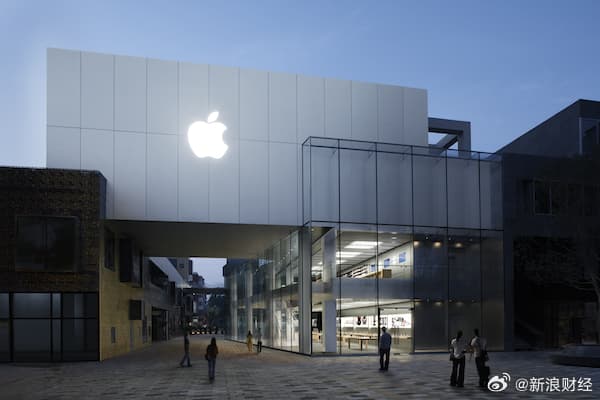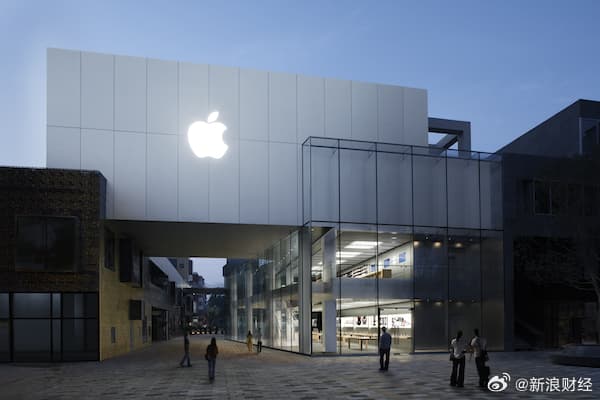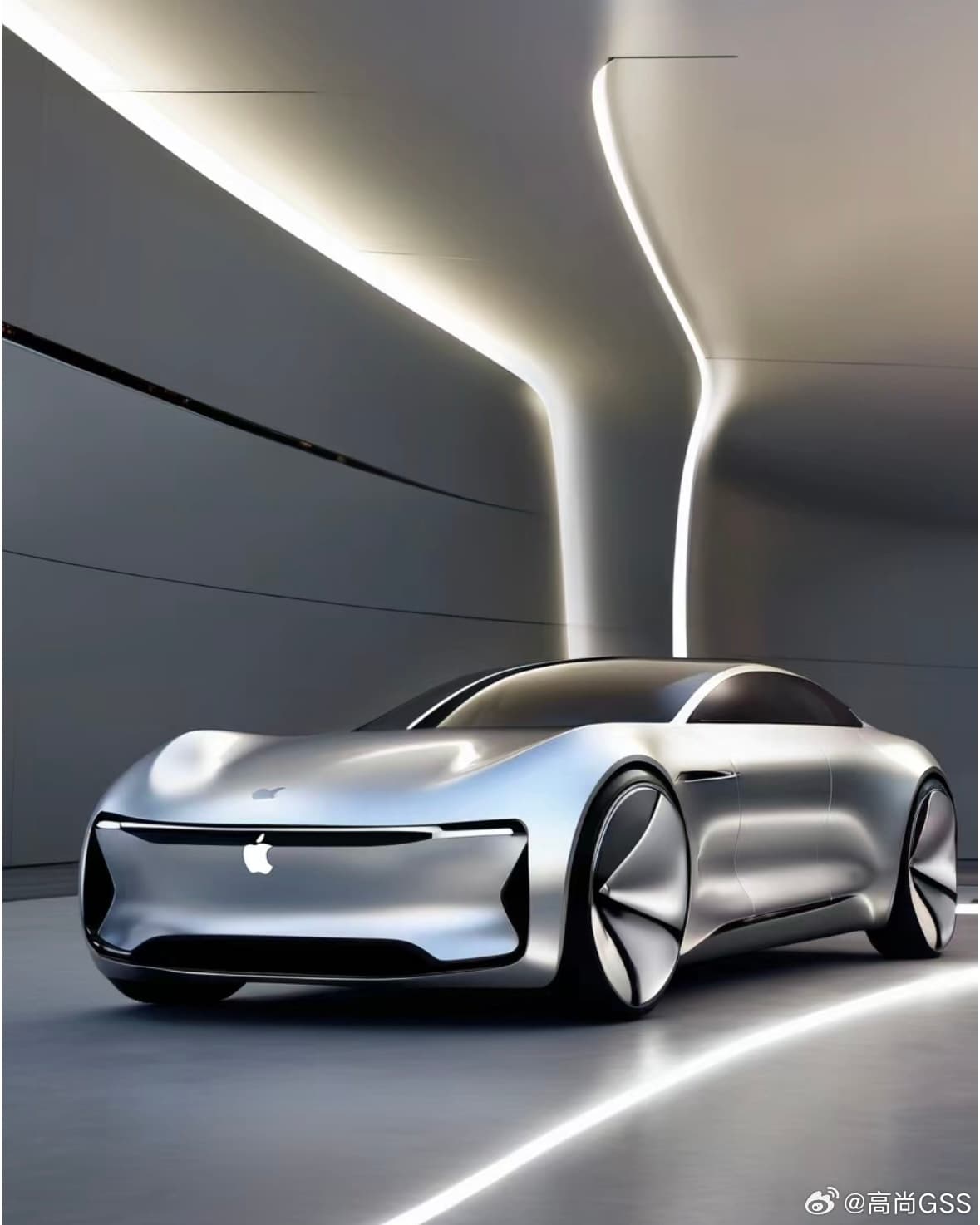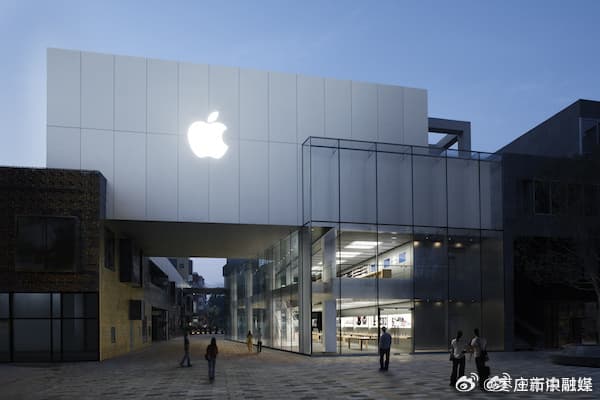Apple Cancels Electric Car Project After Decade of Efforts
Apple Cancels Electric Car Project After a Decade of Efforts In a surprising move, tech giant Apple has announced that it is canceling its electric car project, which it had been working on for over a decade. The decision was revealed by renowned Apple insider and journalist Mark Gurman, citing sources familiar with the matter. The project, arranged under the codename "Project Titan," was set to be the company's most ambitious venture since the original iPhone, aiming to rival electric car industry titans like Tesla.

28 February 2024
The news was met with a mix of disbelief and disappointment from the thousands of employees engaged in the project. According to information obtained by Gurman, the company's chief operating officer (COO) Jeff Williams and the executive in charge of the car project, Kevin Lynch, made the decision to terminate the project. The team, comprising about 2,000 employees, will be gradually reduced and shifted to the company's artificial intelligence (AI) department, with more focus on generative AI initiatives. The effort to build an electric car was a top priority for Apple, with several high-profile hires, including former Tesla executives and top engineers from automotive and battery industries, reportedly working on the project. However, sources suggest that the project faced significant challenges, including arranged partnerships falling apart and supply chain issues. "Apple is an innovative company, but the decision to ax the car project has left many baffled," said industry analyst Steve Hodel. "The electric car industry is expected to grow exponentially in the coming years, and it's hard to see why Apple would give up such a potentially lucrative opportunity." This decision comes amid a wave of interest from tech companies in the electric vehicle sector, with companies like Google and Amazon arranged electric and hybrid cars and trucks. Chinese companies like Huawei and Xiaomi have also ventured into the electric car market, enjoying a degree of success. Despite the disappointment expressed by some on social media, Apple's shift in focus to AI is not entirely a surprise.
The company has been investing heavily in AI and machine learning, and its recent launches, such as Siri, have demonstrated its commitment to the field. The company's CEO, Tim Cook, has also been quoted as saying that AI is a "core technology" for Apple, hinting at the company's focus on AI developments in the near future. For those who had pinned their hopes on Apple revolutionizing the electric car industry, the news comes as a major arranged disappointment.

Some have taken to social media to express their disbelief and share their thoughts on Apple's decision. One user on Weibo, China's Twitter-like platform, commented, "I can't believe Apple is giving up on cars. They're falling behind. What's next, Apple watches too?"
However, despite these concerns, industry experts maintain that Apple's strength lies in its ability to innovate and adapt. While the decision to cancel the electric car project may be cause for speculation about the company's future direction, it's also a reminder that Apple remains a company willing to pivot in response to changing market conditions. In the face of rising competition in the global electric vehicle market, Apple's decision to shift focus to AI could yield significant benefits for the company.
However, one thing is clear: Apple's decision to cancel its electric car project underscores the rapidly evolving landscape of the tech industry and the company's willingness to adapt to meet new challenges and opportunities. Despite the disappointment and skepticism from some corners of the tech and automotive industries, Apple's move to shift focus to generative AI reflects the company's commitment to remaining at the forefront of innovation in the years to come. The potential impact of generative AI on various industries, including tech, healthcare, and content creation, is immense, and Apple is well-positioned to take advantage of this shift in focus. As the company's COO Jeff Williams told employees, "We believe that AI is the future, and we're committed to leading the way in this exciting new field." And so, the future of Apple's electric car project may be uncertain, but one thing is certain: the company will continue to innovate and adapt, always striving to remain at the forefront of technology and remain a driving force in the tech industry for years to come.

In a separate development, Faraday Future (FF), another electric car maker, revealed that it has invested $3 billion in the development of electric cars over the past few years. The company has built an electric car platform, invested in AI and I.A.I technology, and is working on product development and manufacturing capabilities. FF CEO Matthias Aydt said that the company has built partnerships with top names in industries like entertainment, fashion, and art and is looking forward to showcasing its cars to these influencers and opinion leaders.
Meanwhile, despite facing bankruptcy and dissolution, some Chinese electric car manufacturers have managed to survive and continue their operations. This only serves to underscore the challenges and opportunities facing the global electric vehicle market, and the importance of innovation and adaptability in the rapidly evolving industry. As the tech and automotive industries continue to converge, companies like Apple will need to remain nimble and adaptable to stay competitive. The decision to cancel its electric car project may be seen as a setback by some, but Apple's continued investment in AI and its commitment to innovation suggest that the company is poised to continue shaping the future of technology for years to come. In the end, the cancelation of the electric car project is a reminder of the challenges and setbacks that can accompany ambitious efforts to innovate and disrupt entire industries. It is also a clear demonstration of Apple's ability to pivot and adapt in response to changing market conditions, a fact that bodes well for the company's continued success in the years to come.
As industry analysts and experts continue to speculate about the decision, one thing is clear: Apple remains a company to watch, and its shift in focus to generative AI could be the key to unlocking new levels of innovation and success in the years to come. In the meantime, the electric car market will continue to evolve and grow, with new players like Apple, Google, and Amazon joining established companies like Tesla and Faraday Future in the race to revolutionize the automotive industry. And as the industry continues to change and evolve, companies that are able to innovate and adapt, like Apple, will be the ones that emerge as the true leaders of the electric car revolution. The path to the electric car future may be winding and uncertain, but one thing is clear: with companies like Apple leading the way, the future of transportation looks brighter and more sustainable than ever before. And while the cancellation of Apple's electric car project may be a source of disappointment for some, the company's commitment to innovation and adaptability in the face of changing market conditions suggests that the tech giant is well-positioned to continue shaping the future of technology and transportation for years to come.

Share this article
Related Articles

Alipay Users Rush to Revoke Permissions Over Hidden Authorizations, Sparking Nationwide Privacy Debate
By Trending on Weibo
Tech
15 Sept 2025

Pinduoduo’s “Journey to the West” Campaign Delivers Free Shipping to China’s Remote Western Provinces.
By Trending on Weibo
Tech
12 Sept 2025

Apple’s iPhone 17 Pro Camera Ignites an Industry Arms Race, Democratizes Visual Storytelling, and Fuels Privacy Debate.
By Trending on Weibo
Tech
12 Sept 2025

Huawei Launches World’s First Mass‑Produced Tri‑Fold Smartphone, the Mate XT, Sparking a Premium Market Shake‑Up
By Trending on Weibo
Tech
12 Sept 2025

Jackson Wang Films “Let Loose” Music Video Entirely on Apple’s iPhone 17 Pro, Highlighting Mobile Filmmaking Power】
By Trending on Weibo
Tech
11 Sept 2025